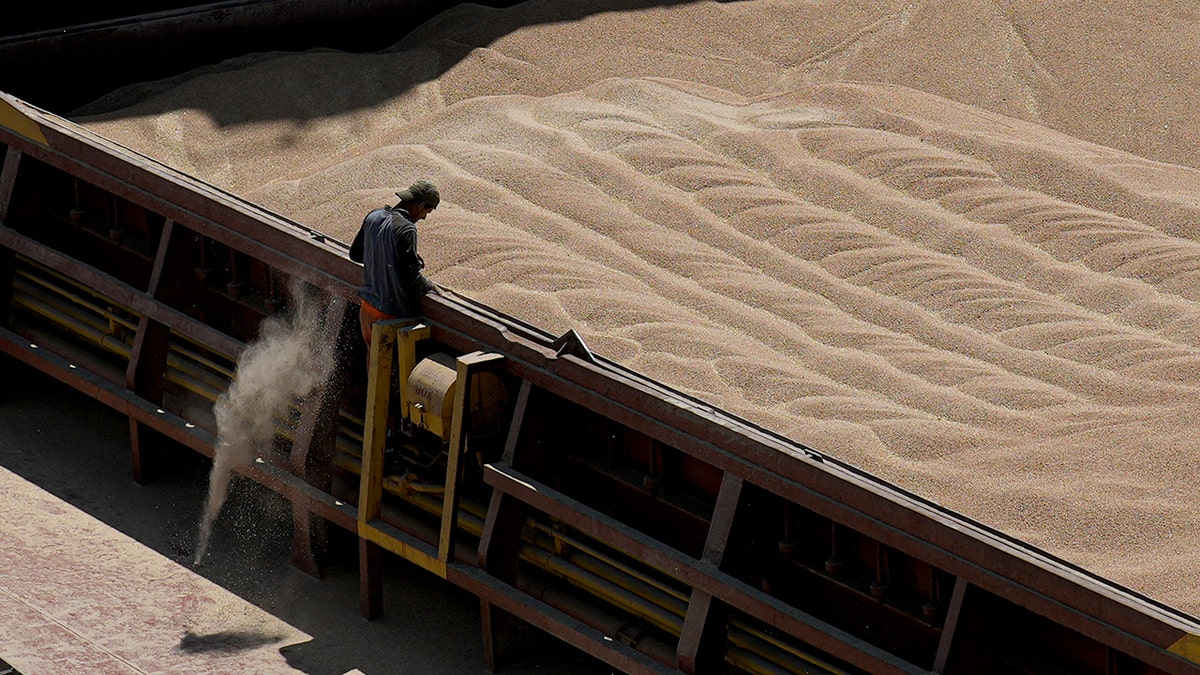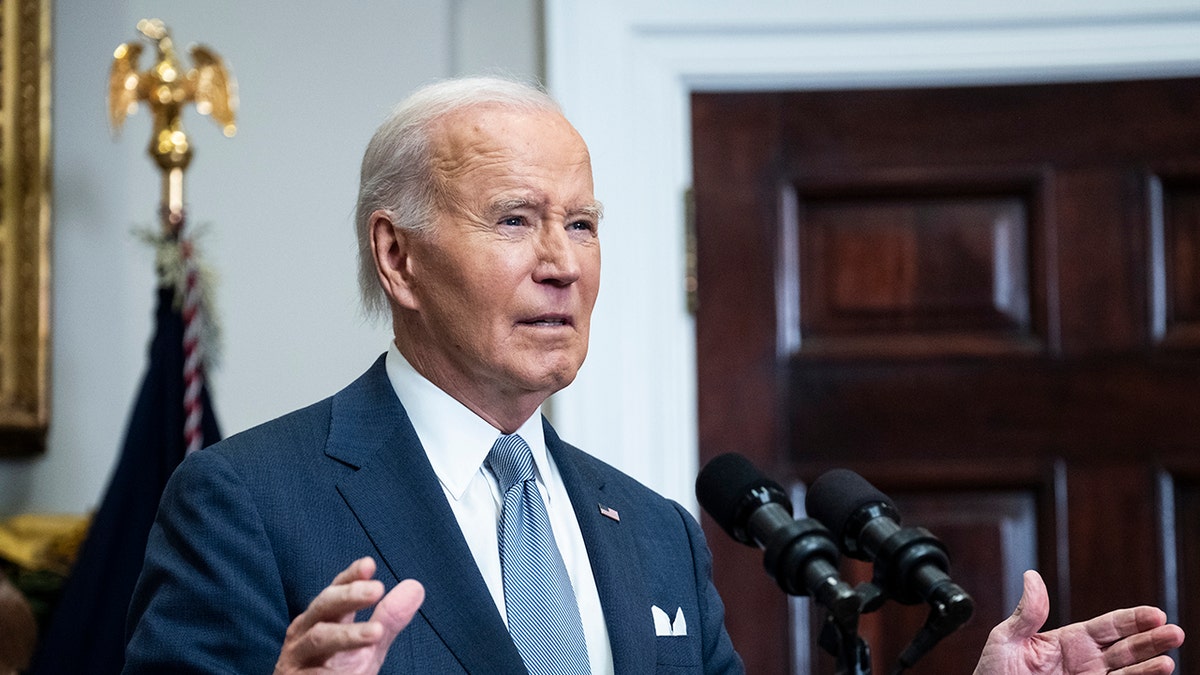Five European Union nations—Poland, Slovakia, Hungary, Romania, and Bulgaria—have agreed to prolong their ban on Ukrainian grain imports until the end of 2023. This decision aims to safeguard their domestic agricultural sectors while still facilitating the transit of Ukrainian grain to global markets facing food shortages, particularly after Russia's withdrawal from the Black Sea Grain Initiative.
The agriculture ministers of these five countries signed a joint declaration in Warsaw, affirming their commitment to supporting the flow of Ukrainian grain through their territories via land routes to destinations in need. They emphasized that the import ban is not directed against Ukraine or the EU but is essential to protect their farmers' livelihoods.
The ministers explained that previous inflows of Ukrainian grain had created a surplus within their markets, depressing prices for their farmers. They are determined to prevent a recurrence of this situation. They also called upon the EU to develop effective mechanisms for transporting Ukrainian grain without negatively impacting the agricultural industries of transit countries.
Polish Agriculture Minister Robert Telus highlighted the need for the EU to establish appropriate legal and infrastructural tools to manage the long-term transit of Ukrainian grain. He emphasized their willingness to assist Ukraine with transit within their capabilities.
Data from May reveals that a significant amount of Ukrainian grain entered Poland between April 2022 and March 2023, with a substantial portion remaining within the country. This influx prompted farmer protests and led to the initial unilateral bans imposed by these countries in April, raising concerns about European unity amid the ongoing conflict in Ukraine. The EU subsequently negotiated a temporary ban on certain Ukrainian agricultural products and provided increased aid to farmers. The agreement allows for the transit of grain to other markets under controlled conditions.

The Ukrainian Grain Association has advocated for increased grain shipments through the Danube River to Romanian Black Sea ports, suggesting a potential doubling of monthly exports. However, Cezar Gheorghe, founder of Romanian grain analysis firm AGRIColumn, has deemed this unfeasible, citing the existing capacity of Romanian ports.
European Commission President Ursula von der Leyen expressed deep concern over Russia's termination of the Black Sea Grain Initiative, emphasizing the risk of increased food insecurity in vulnerable countries. She reaffirmed the EU's commitment to ensuring food security and highlighted the importance of restoring Black Sea exports. Ukrainian President Volodymyr Zelenskyy stated that his government is exploring alternative export routes through the Black Sea despite Russia's withdrawal of safety guarantees for ships.








